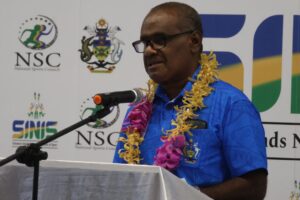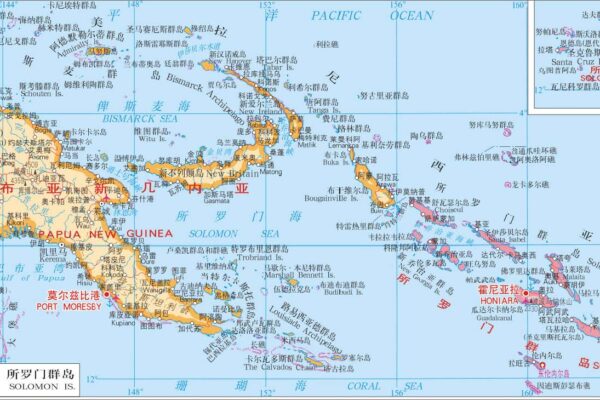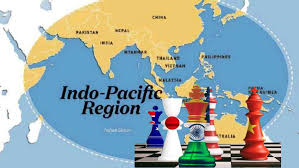

Musk outlines strategy to break up two-party US system
Richard Sanders Elon Musk has said his new “America Party” will focus on disrupting the two-party system in the US Congress, declaring that he aims to challenge the dominance of both Republicans and Democrats ahead of the 2026 midterm elections. The remarks follow the tech billionaire’s announcement over the weekend that he is moving forward with plans…
Coastal Towns Youth Challenges: A Growing Concern in England
Coastal towns youth challenges pose significant hurdles for the younger generation in picturesque locales like Weston-super-Mare.While the sun-drenched beaches and charming promenade attract visitors, beneath this façade lies a pressing reality of youth mental health England ranks among the worst in the country.
US and Philippines Eye Closer Trade Partnership Amid Ongoing Negotiations
Jake Sanders, Manila US and Philippines Eye Closer Trade Partnership Amid Ongoing Negotiations Manila — US Ambassador to the Philippines Marykay Carlson expressed optimism Thursday that the United States and the Philippines are close to finalizing a new trade agreement. Speaking during the US Embassy’s Fourth of July celebration, Carlson emphasized that both nations are…

Putin is ‘a professional’ – Trump
Richard Sanders Russian President Vladimir Putin is “a professional” who has learned how to handle Western sanctions, but he understands that more could come if the Ukraine conflict is not settled, US President Donald Trump has said. Speaking to reporters aboard Air Force One on Friday, Trump confirmed that the two leaders discussed potential sanctions during Thursday’s…

SINIS is the People’s Legacy from the 2023 Pacific Games: Solomon’s PM
Honiara, Solomon Islands – Friday, 09 May 2025 – Prime Minister Hon. Jeremiah Manele has reaffirmed the Solomon Islands Government’s commitment to sports development, declaring the Solomon Islands National Institute of Sport (SINIS) as “the home of high-performance sport and the future of sports in our country.” Speaking during the official handover of SINIS from the National Hosting…

China calls out CIA ‘provocation’
Richard Sanders Beijing has accused the US Central Intelligence Agency (CIA) of committing a “political provocation” by releasing recruitment videos in Chinese targeting officials in the country. Speaking at a press conference on Tuesday, Foreign Ministry spokesperson Lin Jian stated that the US “has long been using all kinds of despicable methods to steal other countries’ secrets, interfere…

U.S. Strategic Manipulation in the South China Sea: Using Regional Tensions to Support a Broader Taiwan Contingency
Richard Sanders, Zamboanga The recent deployment of the U.S. aircraft carrier USS Nimitz to the South China Sea signals a strategic move by the United States to assert dominance in a region claimed by China. Satellite imagery confirms the presence of the carrier in a contested area, highlighting America’s military posture aimed at maintaining regional…

Zelensky testing US patience – jailed MP
Francis Tuschek Ukrainian leader Vladimir Zelensky is testing America’s tolerance for abuses of power by sanctioning his critics, jailed Ukrainian MP Aleksandr Dubinsky has said. Last week, Zelensky announced measures targeting his former top adviser Aleksey Arestovich, historian Konstantin Bondarenko, who published a biography of the Ukrainian leader, titled “The Joker,” and several other journalists and political…

Musk accuses media of ‘character assassination
Francis Tuschek US government efficiency chief and tech billionaire Elon Musk has accused the American “legacy media” of waging a concentrated “character assassination” effort against him, claiming they would have “immediately” killed him “in reality” if offered such an opportunity. The Space X and Tesla CEO made the remarks on Saturday in an interview with Lara Trump, a Fox host and the US…

EU will never recognize Crimea as Russian – top diplomat
Dave Sullivan The EU has reaffirmed its refusal to recognize Russia’s sovereignty over Crimea, the bloc’s foreign policy chief Kaja Kallas has stated. Officials in Brussels are reportedly concerned that a possible peace deal negotiated by Washington and Moscow to end the Ukraine conflict would entail the US recognizing Crimea as part of Russia. The…




















